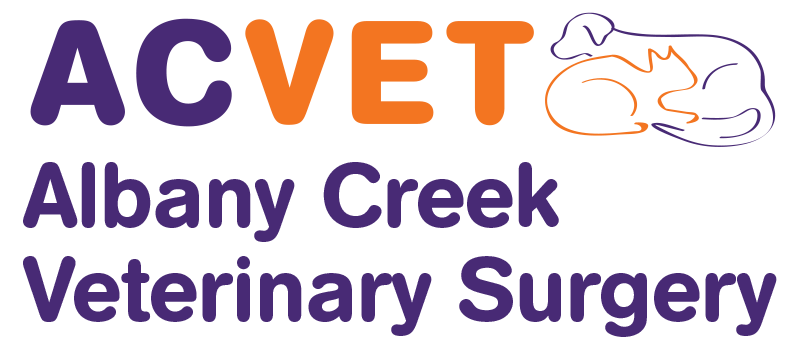Vaccination guidelines will vary depending on your pet and individual circumstances, and vaccine requirements will vary between each patient. Up to 10% of puppies and kittens will not be capable of making a primary immune response until 16 weeks of age.
No absolute proof exists as to the longevity of vaccines’ protection beyond 12 months, and to maintain “herd immunity” 75% or more of the population needs to be protected. The re-emergence of measles in humans is due to this percentage falling below this level.
At Albany Creek Veterinary Surgery we recommend annual health checks and a review of vaccine protection. We have “extended duration” vaccines and annual options available. We also offer “immunity blood tests”, which check your pet’s immunity and are recommended if pets are not vaccinated due to previous side effects or have not been vaccinated for extended periods. Contact us for more information.
What diseases do vaccines protect my pet from?
There are still regular outbreaks of the killer parvovirus in Brisbane and these have increased since the 2011 floods.
Kennel cough/infectious canine cough involves several viruses and a bacteria. Controlling outbreaks depends on good herd immunity and regular annual protection to minimise the complexity of the disease if your pet is affected.
We recommend annual vaccination in cats, as some studies have shown that 30% of cats do not have immunity to cat flu 12 months after vaccination.
What about adverse affects?
Incidence rates for adverse side effects vary, but one study has suggested .0185% (a third of these was immune responses i.e. post vaccine fever for 1 to 2 days).
More information
By Albany Creek Veterinary Surgery
Last updated on 12 September 2019





